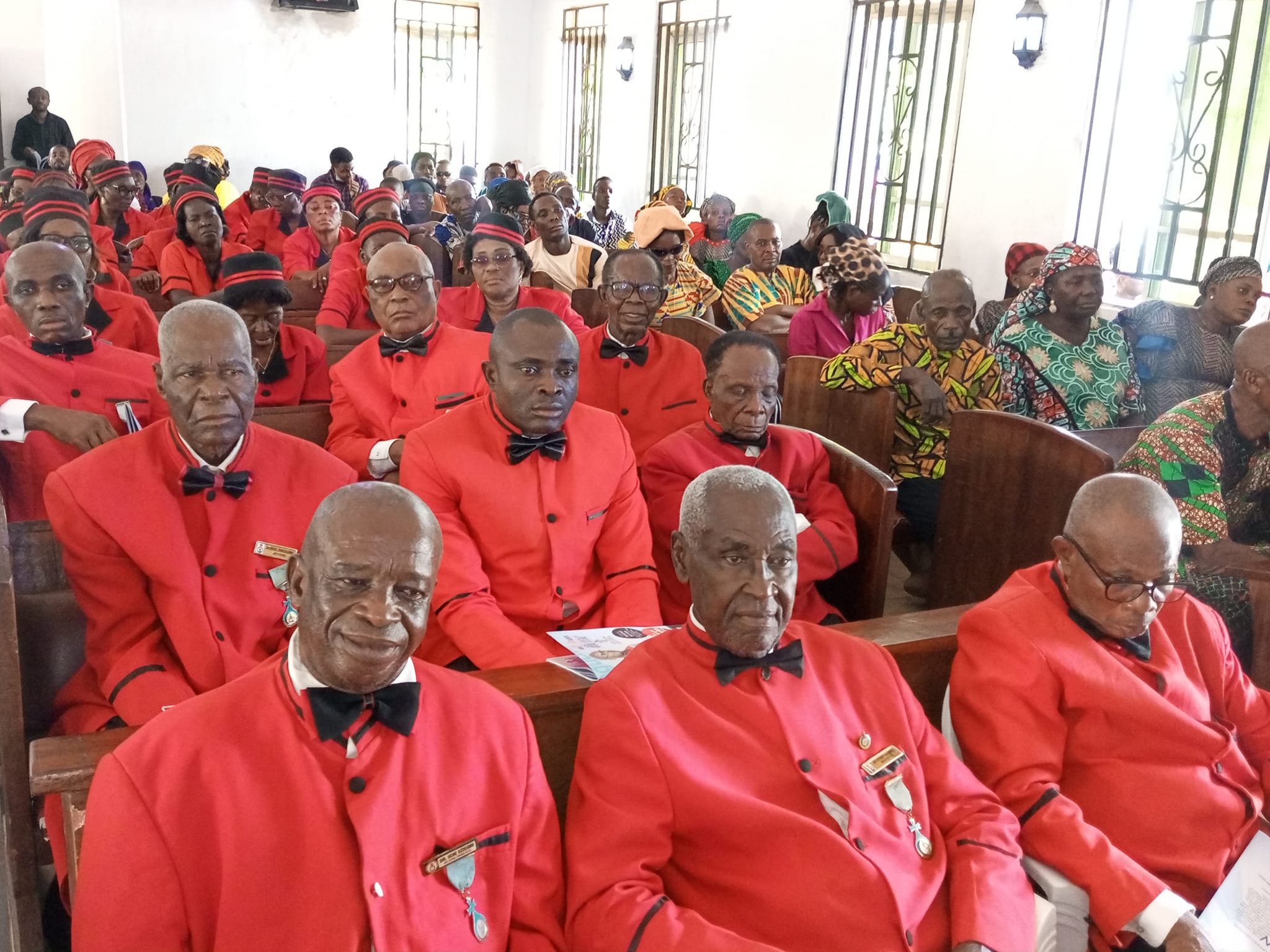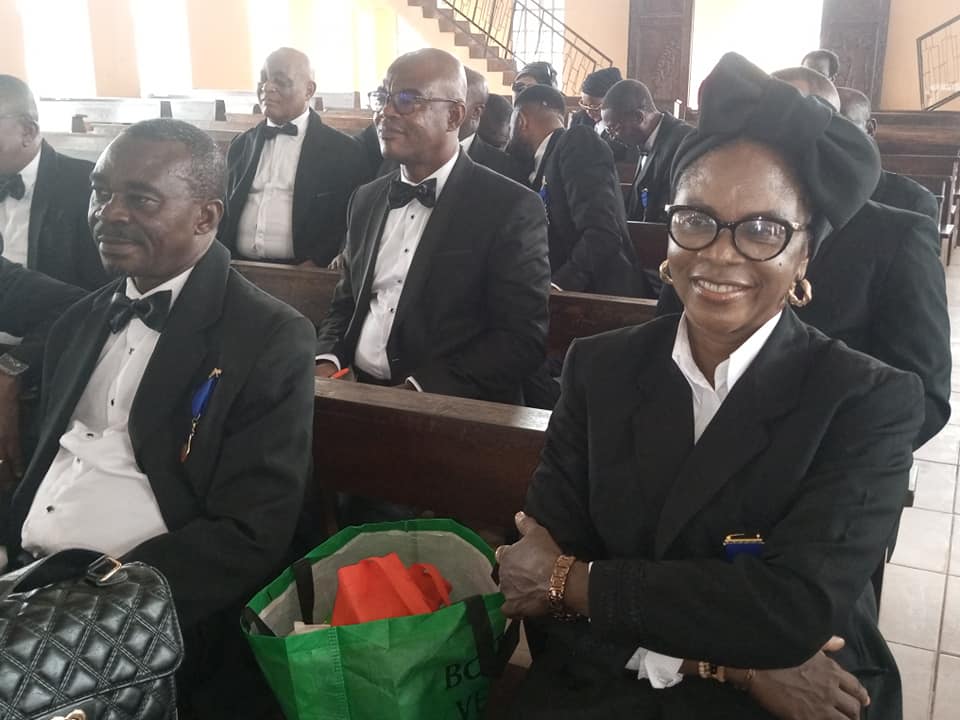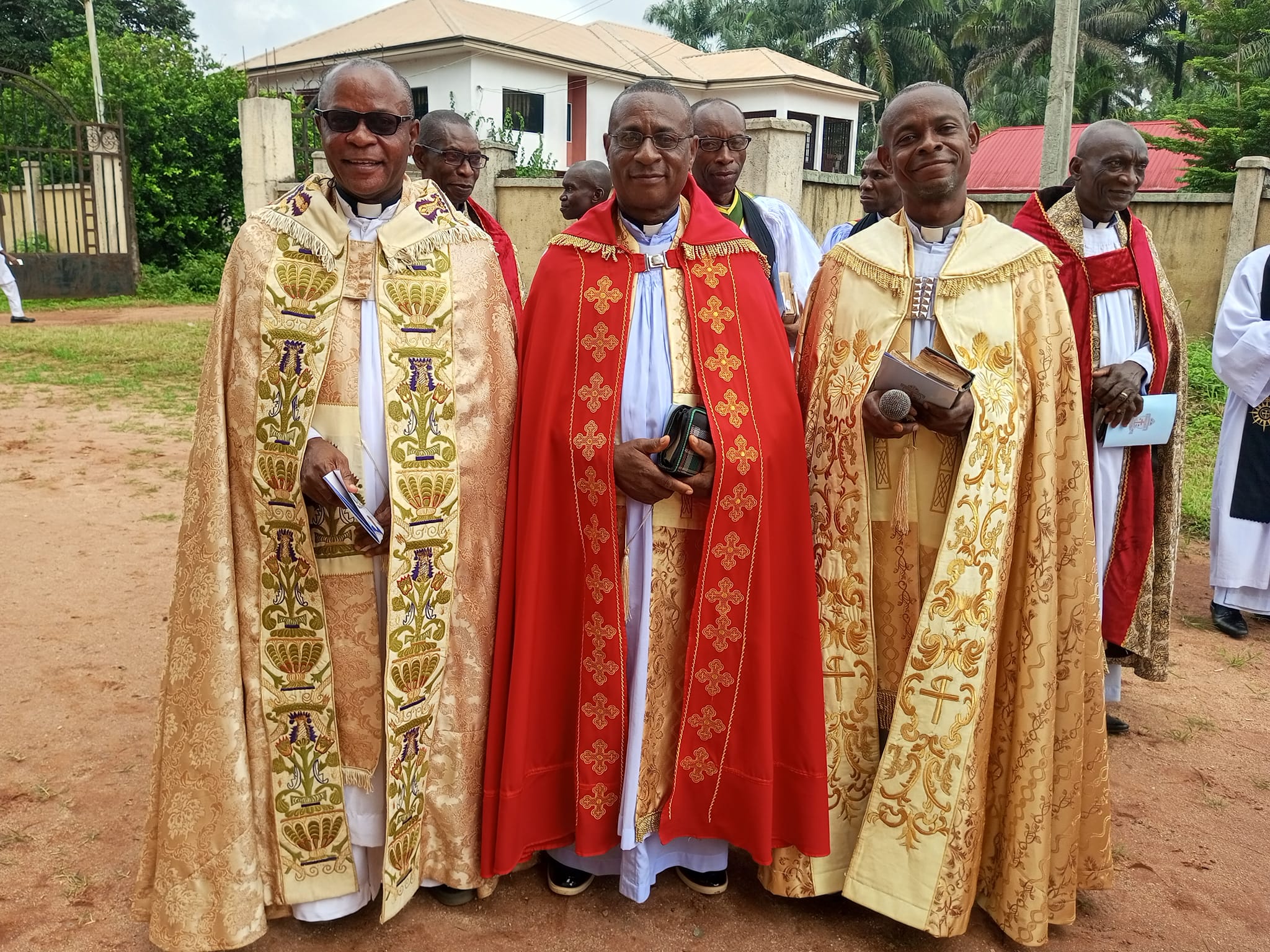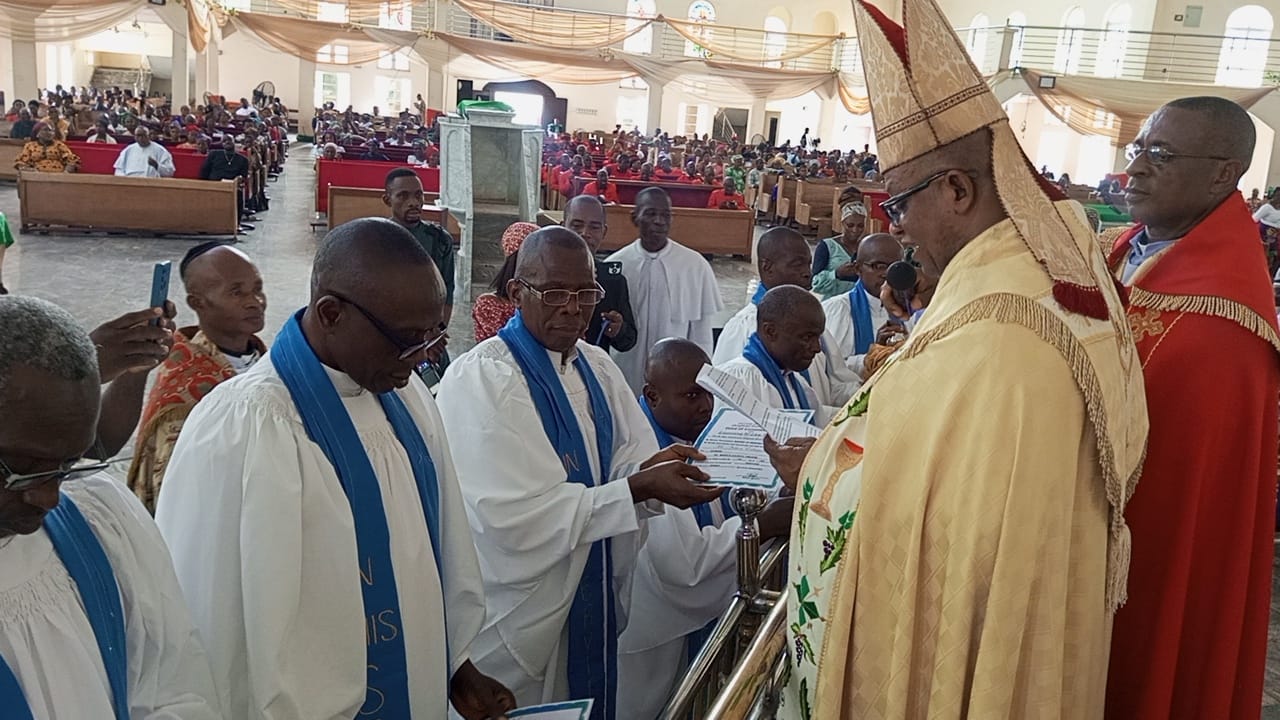The institution of knighthood within the Anglican Communion is one of honor, service, and dedication. Known formally as the Order of Knights, these men and women stand as exemplary leaders, committed to upholding Christian values, supporting the mission of the Church, and fostering a spirit of community among the faithful. The Order of Knights serves as a unique bridge between tradition and service, representing the church in areas of social justice, philanthropy, and spiritual guidance. In Nigeria and beyond, Anglican Knights are respected members of society who act as pillars of faith and exemplify the virtues of duty, charity, and loyalty to the church.
Who Are the Knights in the Anglican Communion?
The concept of knighthood within the Anglican Communion is rooted in a commitment to service, leadership, and fidelity to the teachings of Jesus Christ. These Knights—men and women inducted into the Order of Knights of Saint Christopher, Knights of Saint Paul, and other similar Anglican orders—are commissioned to serve the Church in various ways. The Order of Knights is composed of laypeople and clergy who dedicate themselves to the work of the Church and the broader mission of the Anglican Communion, making significant contributions both in the church and in the wider community.
In the Church of Nigeria, Anglican Communion, for example, the Order of Knights of Saint Christopher is one of the most prominent and respected knighthoods. Members of this order are known for their commitment to evangelism, social service, and the defense of Christian values.
The Role and Responsibilities of Anglican Knights
Anglican Knights fulfill a unique set of roles that combine spiritual, social, and community service functions. They often serve as moral and financial supporters of the church, assist in parish and diocesan projects, and play active roles in social welfare and community development initiatives. Here are some key responsibilities and roles they assume:
- Guardians of Faith: Anglican Knights are defenders of the faith, committed to upholding the teachings and doctrines of the church. They are expected to model Christian virtues in both their personal and professional lives, serving as spiritual guides and role models for the congregation.
- Community Leaders: In many regions, Knights hold positions of influence in the community. They use their platform to promote social justice, advocate for the welfare of the poor and marginalized, and support charitable initiatives. Knights work to bridge gaps between the church and the community, fostering goodwill and unity.
- Supporters of Church Mission and Vision: Knights contribute financially and organizationally to church projects. They play an instrumental role in church-building projects, funding educational programs, and supporting diocesan initiatives that benefit the broader community. Their support is vital in sustaining and expanding the church’s outreach efforts.
- Protectors of Church Traditions: The Order of Knights is responsible for preserving the Anglican Church’s traditions and practices. As stewards of Anglican heritage, they ensure that the church’s customs are honored and passed down to future generations.
- Evangelism and Spiritual Guidance: Many Knights are actively involved in evangelistic efforts, helping to spread the message of the Gospel and bring more people to Christ. They serve as mentors within the congregation, providing spiritual guidance, encouragement, and mentorship to younger members of the church.
The Order of Knights of Saint Christopher in Nigeria
The Order of Knights of Saint Christopher is a well-known and respected knighthood within the Anglican Communion in Nigeria. Named after Saint Christopher, the patron saint of travelers, this order symbolizes protection, service, and steadfastness in the faith. Members of the Order of Saint Christopher are nominated and rigorously vetted before they are knighted. This process ensures that only those with unwavering commitment, demonstrated character, and a record of service are honored with the title of Knight.
The induction of new Knights is a solemn and reverent ceremony. The Bishop, who acts as the head of the Order, presides over the ceremony, bestowing each candidate with the title and encouraging them to live out their faith in action. This ceremony often includes a service of dedication, where the new Knights pledge to support the mission of the church, embody Christian values, and serve their communities with humility and love.
The Importance of Knighthood in the Anglican Church
The role of the Knights in the Anglican Communion is pivotal for several reasons:
- Strengthening the Church’s Mission: The Order of Knights provides essential support to the church’s mission of evangelism, charity, and education. Through their financial contributions, organizational skills, and community involvement, the Knights help to further the reach and impact of the church.
- Promoting Social Justice: The Knights are advocates for justice and equality. Many members are actively involved in social causes, including education, healthcare, and poverty alleviation. By championing these causes, the Knights reflect the Anglican Church’s commitment to creating a just and compassionate society.
- Preserving Christian Values: As role models within the church and society, the Knights promote values of integrity, humility, and service. Their conduct sets a high standard for others to follow, reinforcing the importance of Christian virtues in everyday life.
- Inspiring the Next Generation: The Knights serve as mentors to younger members of the congregation, encouraging them to live out their faith with dedication and purpose. By setting an example of sacrificial service and godly leadership, they inspire future generations to take up the mantle of Christian service.
Improving the Impact of Anglican Knighthood
To further enhance the impact of the Order of Knights, the church could consider the following:
- Continued Spiritual Formation: Offering regular retreats, Bible studies, and mentorship programs can help Knights deepen their understanding of the faith and strengthen their spiritual lives.
- Community Engagement Initiatives: Creating more opportunities for Knights to engage directly with the community can increase their visibility and demonstrate the practical application of their faith.
- Youth Mentorship Programs: Establishing structured mentorship programs where Knights can guide young people in the church can inspire youth to grow in faith and consider future roles in church leadership.
The Legacy of Anglican Knighthood in the Diocese of Ikeduru
In the Anglican Diocese of Ikeduru, the Order of Knights serves as a beacon of hope and faith. Through their leadership, the Diocese has undertaken various initiatives that address the spiritual and material needs of the community. Their dedication to the church’s mission has not only strengthened the Diocese but has also positively impacted the lives of many people in Ikeduru and beyond.
The Diocese’s Bishop and leaders of the Order continuously emphasize the values of love, service, and stewardship. This has encouraged the Knights to invest their time, resources, and talents into projects that uplift the community, from supporting local schools and hospitals to advocating for social justice. Their work exemplifies the Christian call to serve others and to act as ambassadors of Christ in all aspects of life.
Conclusion: A Call to Support the Order of Knights
The Knights of the Anglican Communion stand as a testament to the power of faith in action. Their dedication to upholding Christian principles, supporting the mission of the church, and serving their communities exemplifies the best of what it means to be followers of Christ. As members of the Anglican Church, we are called to support and honor these Knights for their tireless efforts and unwavering commitment to the work of the church.
Let us pray for the Order of Knights in our Diocese and across the Anglican Communion, that God may continue to guide and empower them as they serve. May their work inspire others to join in the mission of building a just, loving, and compassionate society rooted in the teachings of Jesus Christ.






